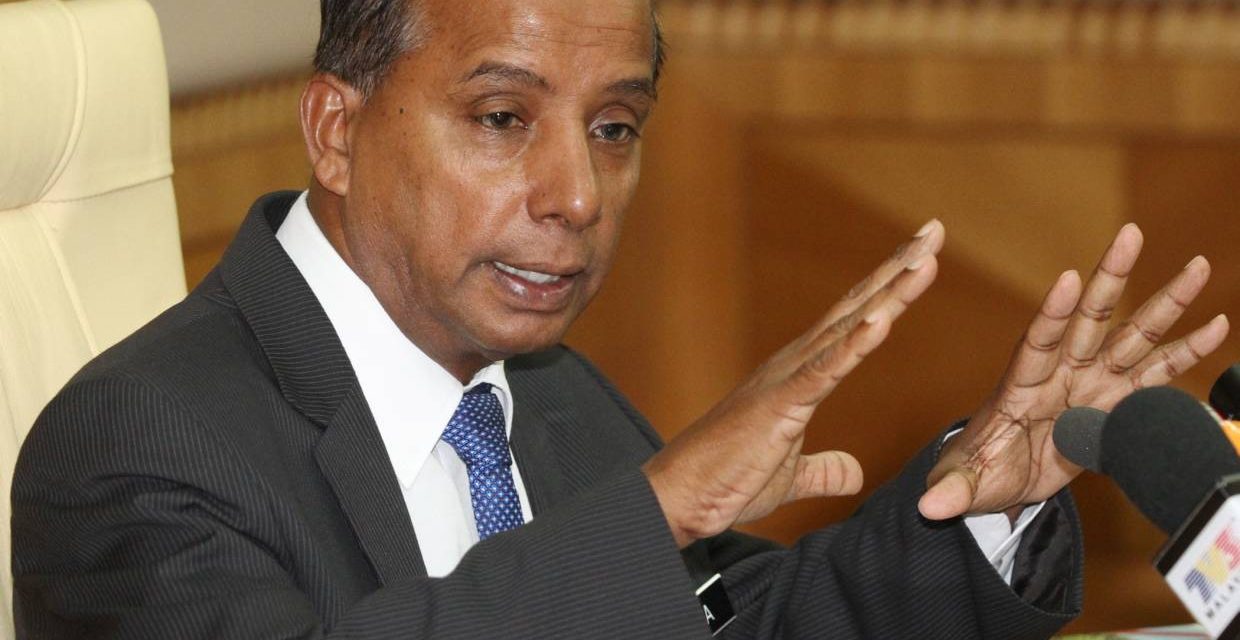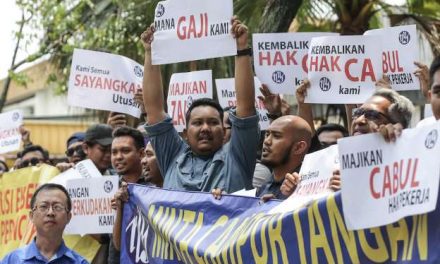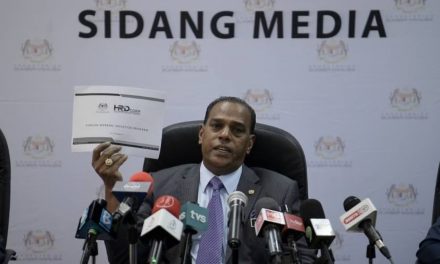THE Labour Law Reform Coalition (LLRC) acknowledges the salient improvements to the Industrial Relations Act 1967 brought about by the Amendment Bill to Act 177 passed in the Dewan Rakyat recently.
These improvements would help to boost union density in the country while seemingly endeavouring to bring labour legislation in conformity with international labour standards.
Kudos to the hard-working team in the Human Resources Ministry and its minister M. Kulasegaran.
Although the amendments may reflect efforts by the Pakatan Harapan government in keeping its promise to enhance and improve workers’ protection in the country, the government must not rest on its laurels because these amendments are only the first step in the right direction towards ensuring that the protection of all workers anywhere in the country is at par with international standards.
Several administrative changes to this legislation, as promised by Kulasegaran, were implemented and did not go unnoticed by LLRC, especially the amendments to the procedure that will speed up referrals of wrongful dismissal cases and Collective Agreement disputes to the Industrial Court.
It is in the best interest of all parties involved that the minister takes steps to ensure that Industrial Courts play their part.
Here, we remind Kulasegaran of the disappointment he expressed (during a meeting with the LLRC) over the union membership count in the country that has not risen above the one million par and also highlight the importance in ensuring that appropriate amendments are made to the Trade Union Act 1959 to remove current clauses which allow the director-general of Trade Unions to make decisions that have remained the main obstacle to the growth of trade unions in the country.
One common tool of intimidation constantly used by employers is “termination of employment” and the clause in the Second Schedule of this legislation, which caps the award of back wages for an employee who won a wrongful dismissal case to a maximum of 24 months. This does not prevent workers from being given the sack because the sum is very easily affordable to employers. It is the employee who will suffer without wages, as such cases can drag on for more than two years.
We propose that the new amendment, which enables the Industrial Court to make an award by not confining to the restrictions in the Second Schedule in the event the dismissal is due to union-busting, be extended to any form of wrongful dismissal, thus deleting the said clause in the legislation.
Another worrying amendment in the legislation is the ministry’s move to increase penalties for those involved in illegal strikes despite the fact that there have not been any strikes in the country over the past three decades.
MTUC’s (Malaysian Trades Union Congress) top leaders have failed in their primary role to act in the best interest of workers in the country. They have failed repeatedly to involve the General Council, the body empowered by the MTUC constitution to decide on important matters that involve the fate of workers in Malaysia. Even at this crucial time when labour law reforms are taking shape, they have not deemed it necessary to convene a meeting of the MTUC General Council.
Their move to get opposition political party leaders to reject the amendments to the Industrial Relations Act at the Upper House was not authorised by the General Council and therefore clearly unconstitutional and viewed as a threat to workers’ welfare.
These top leaders are guilty of treating the National Labour Advisory Council as some kind of sideshow in which unauthorised persons were allowed to represent while those appointed in accordance with its constitution were sidelined to mute voices that spoke up for changes that would improve union density in the country.
If, at every instance, the government should follow the demands of the MTUC secretary-general’s argument that “without arriving at a consensus between MTUC and MEF, the government should not have gone ahead with the amendments”, then we would not have a national minimum wage, minimum retirement age, Employment Insurance System and many other benefits. These are examples of how, in practice, the government is able to arrive at a middle ground on issues relating to labour.
We wish to remind the top leaders in MTUC and all those listening to these few men that all proposals put forward to the ministry on Labour Law Reforms, their criticisms and their decision to garner the support of opposition political parties to reject the amendments to the Industrial Relations Act at the Dewan Negara are unauthorised and unconstitutional.
The MTUC General Council has not convened a single meeting in more than 20 months whereas the MTUC constitution requires it to meet at least once every two months. This violation of rules was reported to the Registrar of Societies four months ago by a number of affiliates.
LABOUR LAW REFORM COALITION
(Letter endorsed by 64 trade unions)
© 








